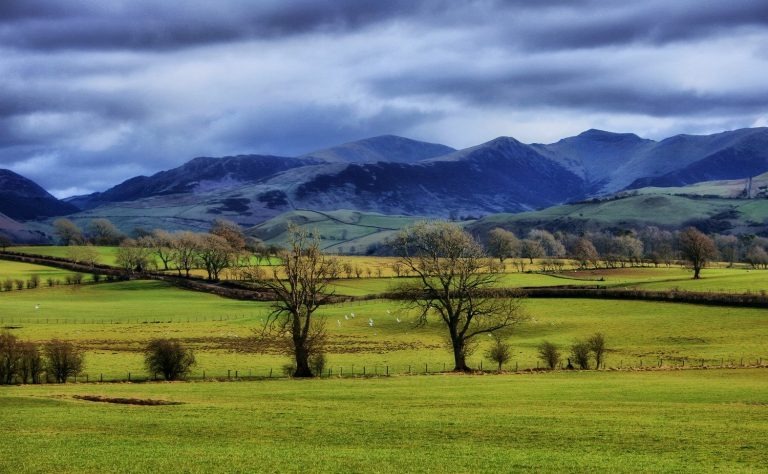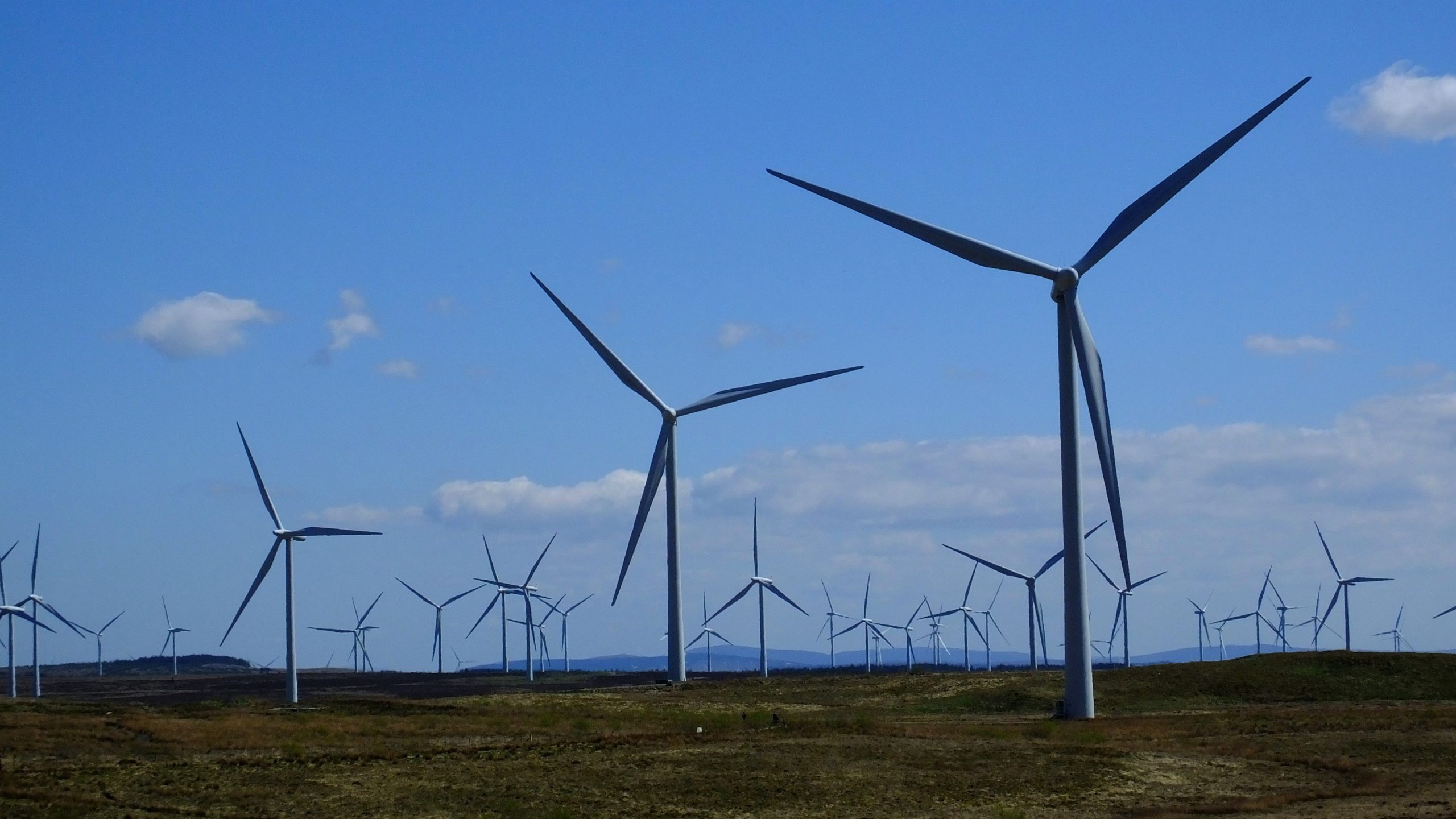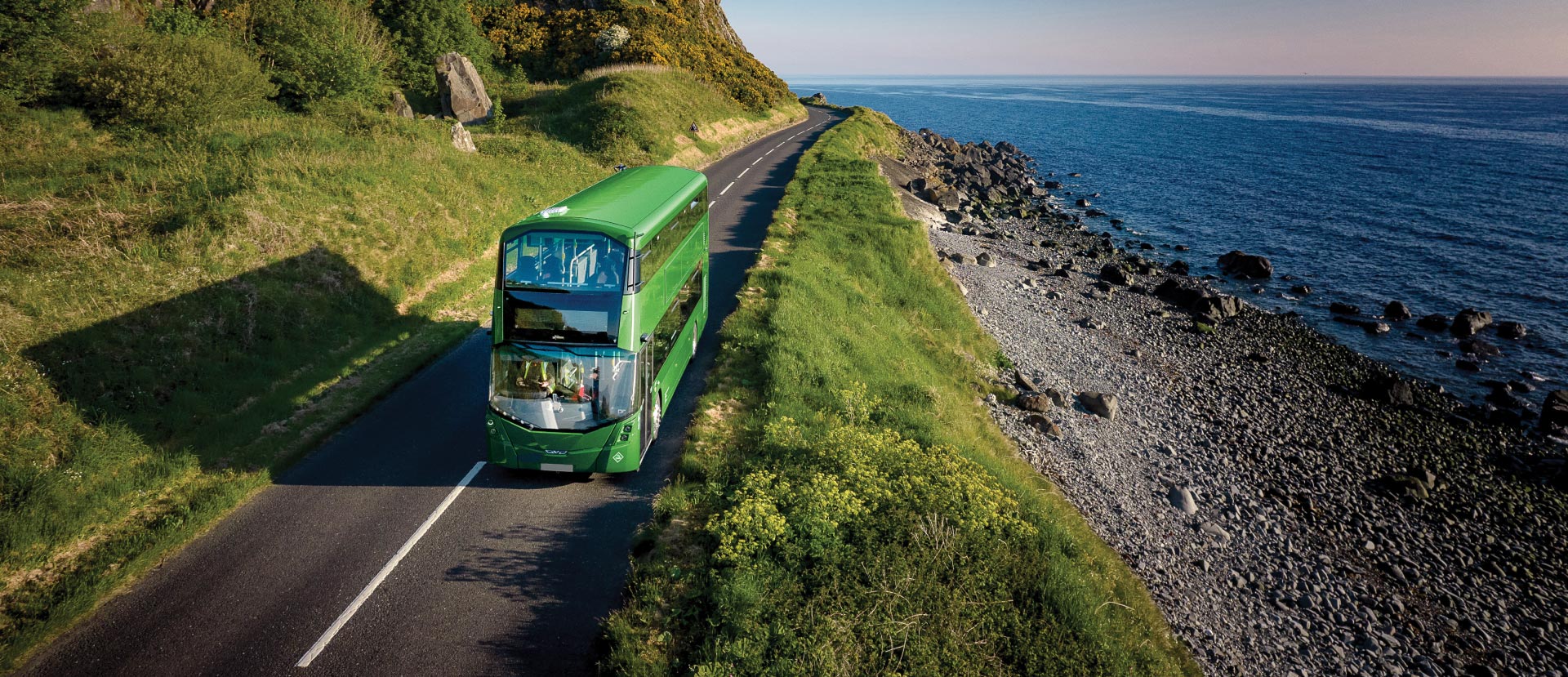Cumbria’s Ambitious Sustainability Targets: An Interview With John Forbes

With an injection of money from the National Lottery, Cumbria has adopted ambitious sustainability goals supported by the Cumbria Action for Sustainability. Quadrant Smart sits down with project manager for the Zero Carbon Cumbria Project, John Forbes, to learn more about the benefits of the project.
After being granted £2.5m in funding from the National Lottery, Cumbria Action for Sustainability (Cafs) is focusing on the county’s carbon footprint and supporting the goal to become the UK’s first carbon-neutral county by 2037. Cafs works across Cumbria to enable individuals, communities, businesses and local authorities to reduce the county’s carbon footprint and bring about a more sustainable way of life.
Following a report by the Small World Consultancy, the county is focusing on tourism as an area of improvement due to the level of carbon emissions the industry generates in the area. The funding by the National Lottery was secured by the Zero Carbon Cumbria Partnership, which Cafs helped to set up in 2019 and will focus on decarbonising its tourism industry.
Quadrant Smart sat down with John Forbes, project manager for the Zero Carbon Cumbria Project, to discuss the plans around sustainable tourism as well as other decarbonisation goals.
Discussing the report, John explains it has “highlighted the significant emissions” associated with visitors to Cumbria, both in connection with travel to and from Cumbria, but also when visitors are in Cumbria in relation to their travelling in and around the region.
As a result, the Zero Carbon Cumbria Partnership focuses on promoting sustainable transport, food and accommodation in the area.

John Forbes, Cafs
“There are opportunities for us to find ways people can still visit and enjoy Cumbria and tourism – but in a way that is sustainable in terms of travel and transport. Also, in terms of low carbon food options and carbon associated with accommodation,” says John.
Cumbria is home to one of the first restaurants which shows its customers how much carbon emissions are produced in each meal. This ties into the county’s determination to “enable and empower” its residents and tourists to make their own carbon-conscious decisions.
Promoting transport to boost sustainability
To encourage people to make more sustainable transport choices, Cafs are “looking to promote the use of public transport, improve connectivity between public transport and things like walking, cycling facilities.” Not only this, but they are aiming to make food in the area more sustainable.
“We are going to be working with farmers to grow some vegetables and food products,” John says, coming with multiple benefits as visitors in Cumbria can support the local economy as well as reducing carbon emissions associated with food.
By pushing these sustainable targets, John hopes the county will attract visitors because of their good environmental performance as sustainability will be “seen core part of the world heritage site” says John.
Complementing their mission to “enable and empower” communities to become more carbon-conscious, Cafs are offering events and training programmes. In order to combat any challenges, they are also going to set up some sector groups which will “involve experts within some sectors working together” to find solutions, says John.
Technological advances in the sustainability industry could also benefit the area, as John explains: “Over the next five or ten years the potential for the emerging technologies to make a contribution and one of those might be hydrogen-related technologies.” This could be particularly significant for the area as “there is a lot of engineering expertise within Cumbria and potentially that is the thing which could lead to job opportunities,” says John.
Sustainability benefitting Cumbria
Along with job opportunities, this push for sustainability will aid the area’s endeavour to build back from the Coronavirus pandemic, by “really [working] with partners to try and deliver a recovery that is as green as possible and push towards out 2037 targets,” John tells Quadrant Smart.
The area will also see the “significant health benefits to promoting active travel”, one of which being that it improves air quality.
To ensure programmes like the Zero Carbon Cumbria Partnership are working towards Cumbria’s decarbonisation goal, Cafs can “monitor progress” to make sure they stay on track as well as identify what “areas and interventions are working most effectively,” says John.
Cafs are optimistic that they are on track for their 2037 target and John hopes projects such as the Zero Carbon Cumbria Partnership will act as catalyst to facilitate the development of other projects which will help the region achieve its goal.

